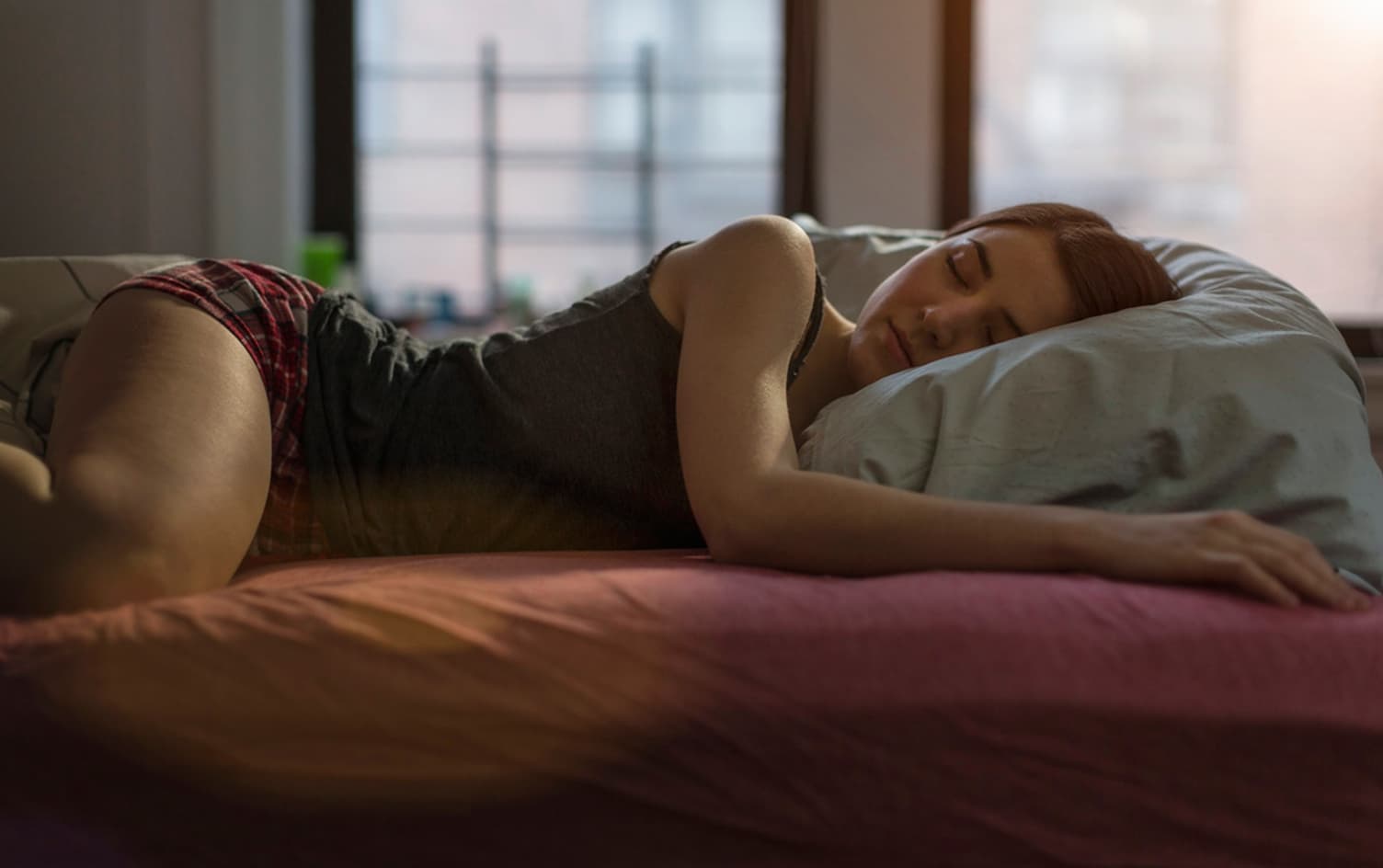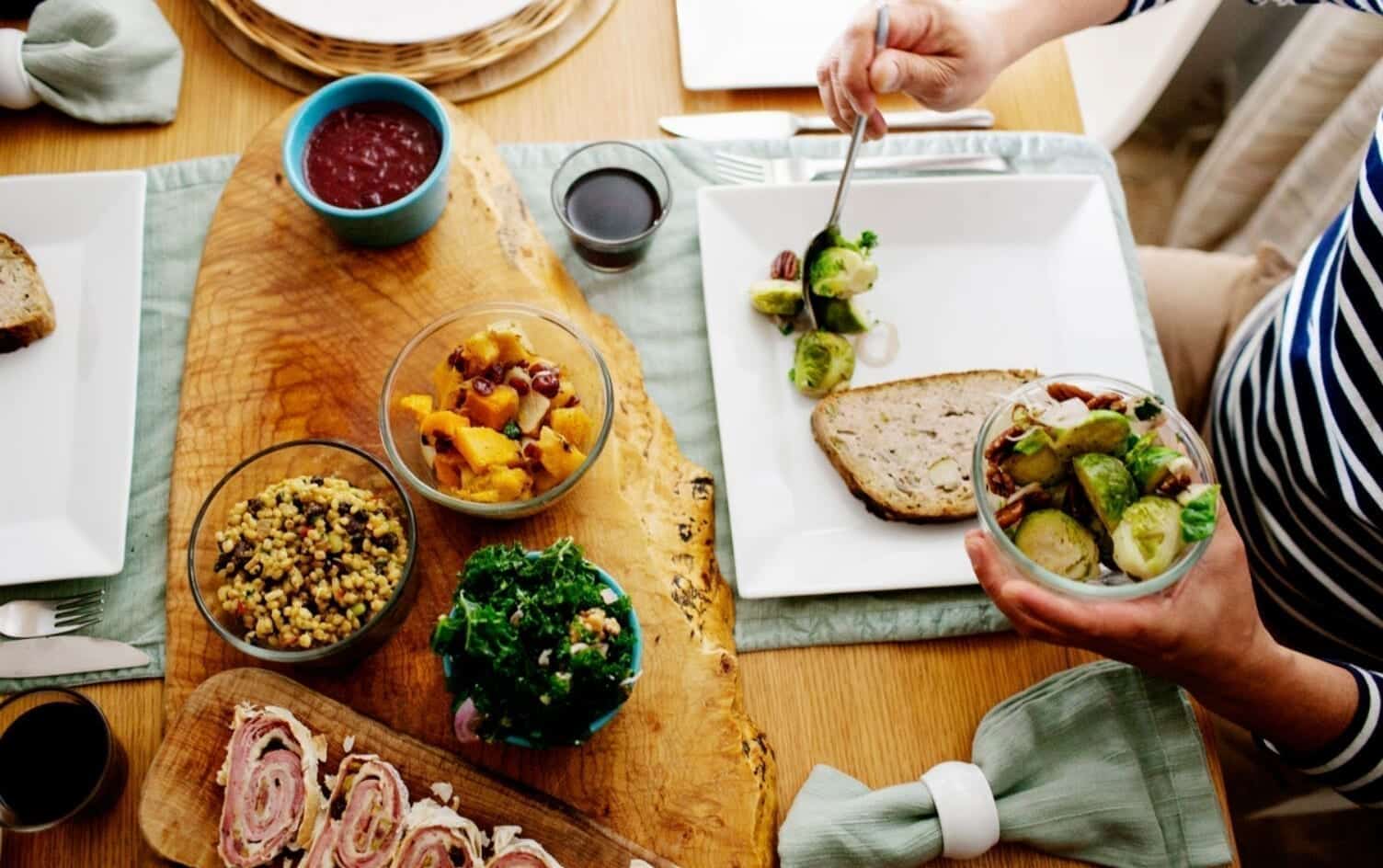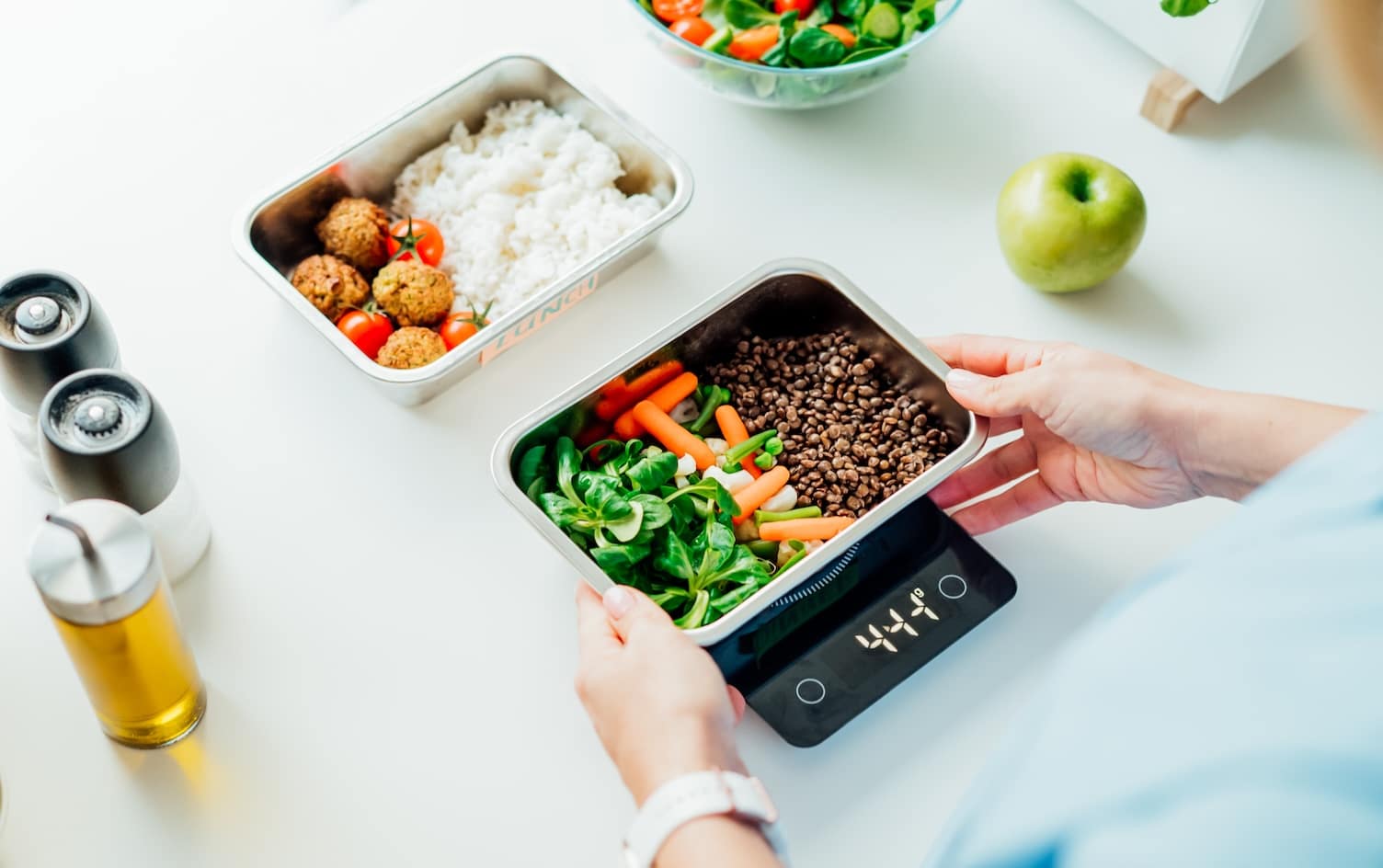When Karlie Kloss wants to get her sweat on, she turns to trainer Anna Kaiser of AKT. Kaiser also works with Shakira, Kelly Ripa, and Sarah Jessica Parker, so it’s not too surprising that fans are eager to listen anytime Kaiser doles out wellness advice. What is surprising, though, is Kaiser’s recent suggestion the people prioritize sleep over exercise in certain situations. “Sleep more,” Kaiser told New York Magazine’s The Cut. “I don’t think anyone understands how important it is. If you have a choice where you’ve only been sleeping five or six hours and can sleep an extra hour or work out, sleep an extra hour. You’re running your body down, which will affect your energy and hold onto excess water and weight.” Kaiser continued. “It will make you hungrier. Five to six hours for a week really prohibits your cognitive and hormone functions. You really need seven to eight hours. Working out harder or better or eating less isn’t the answer. It’s about getting enough sleep.”
Kaiser is doing us a solid by making this suggestion—catching shut-eye really is important to our fitness and wellbeing. “Sufficient, quality sleep is critical for health,” Kelly Sullivan, Ph.D., assistant professor at Georgia Southern University’s department of epidemiology, tells SELF. “Studies have shown that chronic insufficient sleep increases a person’s risk for heart disease, diabetes, and cognitive impairment.” So, does that mean you should heed Kaiser’s advice and opt for sleep over sweat when you’re extra burned out? That depends on your individual needs. “After a night of poor sleep, the decision to sleep later or get up to exercise is best made based on the demands of the following day,” Sullivan explains. “Activities requiring concentration or fast reactions, such as driving, will benefit from being well-rested.”
Kaiser told the The Cut that she regularly gets eight hours of sleep, but as we all know, life happens—on some nights, getting lots of rest just isn’t in the cards. On those nights when you have to go to bed late but still want to be as functional as possible the next day, “it would be better to reset the alarm for a later time than to wake at [your] usual time and use the snooze button,” says Sullivan. “Pressing the snooze button repeatedly isn’t going to provide much benefit. A typical sleep cycle lasts 90 minutes and a snooze alarm will interrupt the sleep cycle, likely resulting in a person feeling less rested.” Another secret weapon when you’re running on little sleep is a 30-minute afternoon nap. According to Sullivan, type of quick doze can help with short-term memory and alertness to get you through your day.
If you’re regularly having trouble getting enough sleep, and it’s interfering with your fitness routine—or your life in general—it’s a good idea to talk to a pro. “Chronic insufficient sleep should be addressed by a physician, especially if lifestyle changes do not adequately improve sleeplessness or fatigue, as this may be a symptom of an underlying issue such as depression or sleep apnea.” Happy snoozing, friends.




